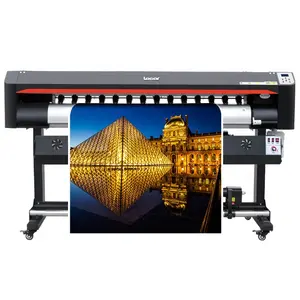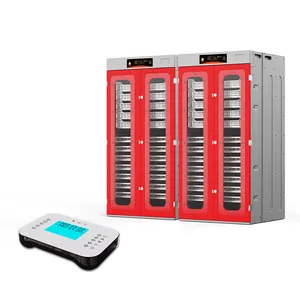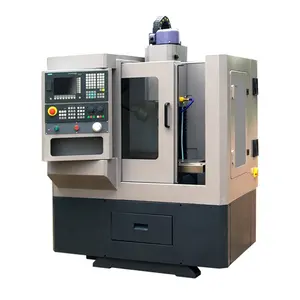Popular in your industry
















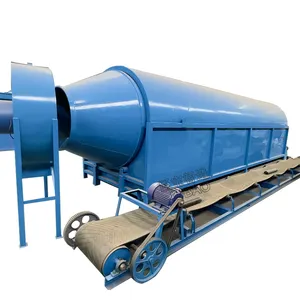












































Related Searches:






































































































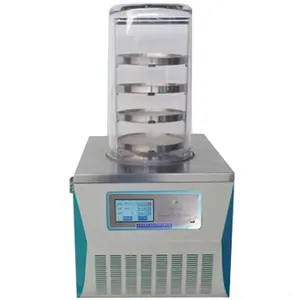





















































Top categories
About microwave dryer
Introduction to Microwave Dryer
Microwave dryer is an innovative drying solution that utilizes microwave technology to efficiently remove moisture from various materials. Unlike traditional drying methods that rely on convection or conduction, a microwave dryer generates heat from within the material, resulting in faster drying times and higher quality output.
Technical Specifications
When considering a microwave dryer, key technical specifications to look for include power capacity, frequency range, drying chamber dimensions, and material compatibility. An industrial microwave dryer typically has a power capability ranging from 5kW to 100kW, with frequencies between 2450 MHz and 5800 MHz. The drying chamber sizes vary from small-scale units for laboratory use to large-scale systems for industrial applications.
Design and Functionality
The design of a microwave dryer consists of a magnetron, waveguide system, and a drying chamber. The magnetron generates microwaves, which are then directed into the drying chamber through the waveguide system. The material to be dried is placed inside the chamber, where the microwaves penetrate the material, causing the water molecules to vibrate and generate heat, thus drying the material evenly.
Applications of Microwave Dryer
The versatility of a microwave dryer makes it suitable for a wide range of industries, including food processing, pharmaceuticals, chemicals, and textiles. In the food industry, a microwave clothes dryer can be used for drying fruits, vegetables, herbs, and seafood, preserving their freshness and nutritional value.
Advantages of Using a Microwave Dryer
One of the primary advantages of a microwave dryer is its energy efficiency, as it reduces drying times significantly compared to conventional methods. Additionally, the precise control of heat distribution in a microwave dryer machine results in uniform drying and prevents overheating or burning of the material.
Factors to Consider when Choosing a Microwave Dryer
When selecting a microwave vacuum drying system, factors such as drying capacity, automation level, energy consumption, and maintenance requirements should be taken into account. Consider whether the microwave dryer is suitable for the specific material properties and production volume to ensure optimal performance.
Maintenance and Care
To maintain the efficiency and longevity of a microwave dryer, regular cleaning of the drying chamber, inspection of the magnetron and waveguide components, and calibration of temperature and moisture sensors are essential. Proper maintenance not only ensures consistent drying results but also extends the lifespan of the equipment.
Enhancing Business Operations with Industrial Microwave Dryers
Integrating an industrial microwave dryer into production processes can streamline operations, increase productivity, and improve product quality. By leveraging the advanced technology of a microwave dryer, businesses can meet market demands efficiently and stay ahead of the competition.
Future Developments in Microwave Drying Technology
As the demand for sustainable and energy-efficient drying solutions grows, the microwave drying technology is expected to evolve further. Advancements in control systems, material sensing technologies, and process automation will enhance the performance and capabilities of microwave dryers, catering to the changing needs of various industries.
Conclusion
In conclusion, microwave dryers offer a modern and efficient way to dry materials across different sectors, providing benefits such as faster drying times, energy savings, and improved product quality. Understanding the technical specifications, design principles, applications, and maintenance requirements of microwave dryers is crucial for businesses looking to enhance their drying processes and optimize operations.
